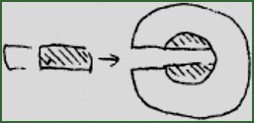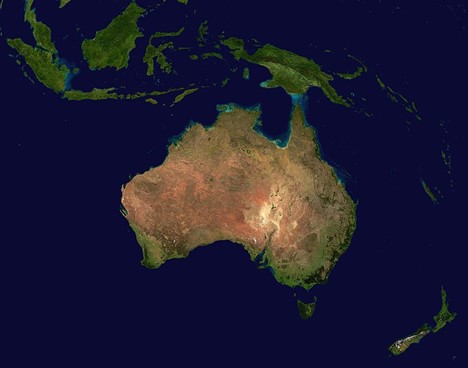Some of the most pressing concerns for American foreign policy relate to hostile nations developing nuclear weapons and subsequent efforts to eliminate these weapons. North Korea and Iran are determined to acquire nuclear warheads and delivery platforms to increase their domestic support, improve their bargaining positions as it pertains to international relations, and supplement their outmatched conventional forces. America, and other like-minded nations and organizations, seek to denuclearize these nations, as the more nuclear warheads there are in the world the higher their chance of use is. However, there are some problems with denuclearization.
America, other friendly nations, and international organizations like the United Nations all oppose the acquisition of nuclear weapons and their delivery platforms by irresponsible nations. But eliminating nuclear weapons is inherently difficult to accomplish. Not much may be known about the capabilities of emerging nuclear powers. If these powers lie about their complete denuclearization, it may be impossible to verify the absence of nuclear arms. Hidden warheads and missiles may be tucked away in remote locations unknown to those seeking to recover them and render them inert. Since it may be impossible to the complete absence of nuclear weapons, doubt will be created in the minds of the nations or non-state actors who want to denuclearize a nation, lessening the chances of efforts to go forth with denuclearization in the first place.
In addition to verification issues, the technology behind nuclear weapons engineering and delivery platforms is even more difficult to undo. Blueprints can renuclearization possible in the future. In the modern age of mass information, the means to design simple nuclear weapons can be found on the internet. Even if a nation is sincere about denuclearization and conforms completely and transparently, succeeding leaders could decide to go forth with a nuclear program once again. Crude nuclear weapons are not difficult to construct if a nation has the components. Little Boy, the nuclear weapon dropped on Hiroshima, was not even tested. Its engineers at Los Alamos were so confident that it would work that they quickly moved on to its improvement, Fat Man, which was the first nuclear weapon ever tested. A similar weapon would be dropped on Nagasaki, ending World War II. Diagrams and designs for a gun-type nuclear weapon are available on the internet, and if a nation has the required components, a small nuclear weapon can be put together using tools found in every nation on Earth, regardless of past denuclearization deals or treaties.
Nine nations currently have nuclear weapons. Only one has ever given up their nuclear arsenal; South Africa. North Korea and Iran are both increasing their nuclear weapons and delivery platform capabilities, despite the will of many powerful and influential nations. Verification and the impossibility of uninventing widely known technology are the two main obstacles to complete and permanent denuclearization. These challenges can only be overcome by trust and inspections, two practices that elude those who seek to denuclearize North Korea and Iran today. If denuclearization is to work, then those in power must be willing to completely, verifiably, and permanently ensure that their nuclear weapons programs and delivery platforms are inert with no future plans of renuclearizing.
Christopher Gettel graduated from Rutgers University with a B.A. in Criminal Justice. He served for 8 years in the U.S. Army, then earned a graduate certificate in Nuclear Deterrence from Harvard University’s Extension School. He is currently in his final semester as a graduate student studying international security and earning a graduate certificate in Terrorism and Homeland Security at GMU. Post graduation, Christopher plans on earning his PhD, then working in the field of nuclear weapons policy for the government.
Photo can be found here.




